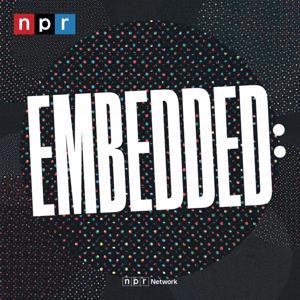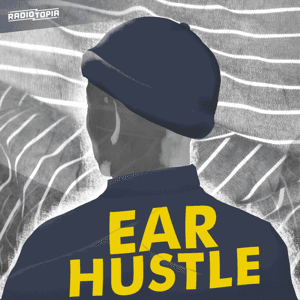
Sign up to save your podcasts
Or



By Southern Poverty Law Center





4.8
692692 ratings



The podcast currently has 27 episodes available.










The podcast currently has 27 episodes available.

91,174 Listeners

43,868 Listeners

38,525 Listeners

37,625 Listeners

38,791 Listeners

37,436 Listeners

9,209 Listeners

8,470 Listeners

11,895 Listeners

20,459 Listeners

14,322 Listeners

600 Listeners

16,476 Listeners

10,889 Listeners

2,410 Listeners